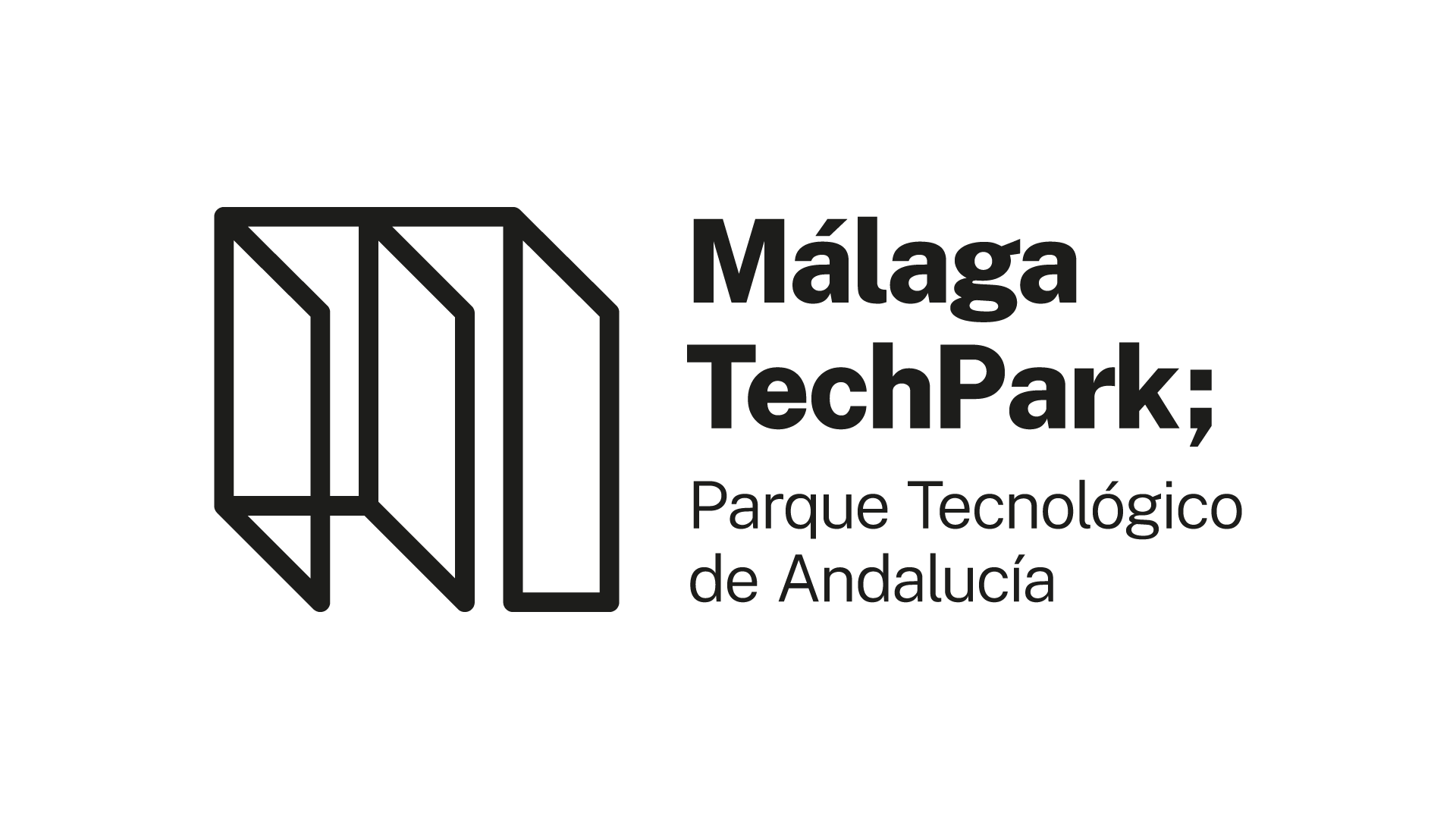-
The Association of Science and Technology Parks of Spain (APTE) and the Spanish Technology Platform for Disruptive Technologies (DISRUPTIVE) participate in the sixth edition of the National Conference on Industry and SMEs organised by the Ministry of Industry, Trade and Tourism, an event held at the FYCMA conference centre in Málaga on 2 and 3 October
Under the slogan “Net Zero: the industry of the future”, this edition not only discussed the industry 4.0, but it also addressed the main challenges that affect industry and the Spanish SMEs. These challenges include decarbonisation, artificial intelligence, industrial and technological sovereignty and talent attraction.
On the first day of the conference, the Spanish science and technology parks took part in the panel of talks, including the ‘Forum of enabling technologies’ talk, with a round table whose moderator was Soledad Díaz, manager of APTE and head of the technical secretariat of DISRUPTIVE. She tackled the role of parks when it comes to implementing enabling technologies in SMEs thanks to the testing centres they have. Felipe Romera, general manager of Málaga TechPark, also participated in the debate, as well as Carmen Crespo, head of the Centre Bit Menorca of ParcBit, the Technological Innovation Park of the Balearic Islands; Isaac Pola, deputy regional minister of Industry and Fair Transition of the Principado de Asturias, who attended the event on behalf of the Technology Park of Asturias; and Itziar Epalza, general manager of the Technology Park of the Basque Country.
Felipe Romera began the round of speeches by saying that Málaga Techpark, due to its size and characteristics that are comparable to those of a city, has testing infrastructures for technologies that need those characteristics, such as Dekra’s testing circuit of connected vehicles. Furthermore, he also mentioned other infrastructures that make up the ICTS network (Unique Scientific and Technical Infrastructure), more specifically the Andalusian Centre of Nanomedicine and Biotechnology (Bionand), which belongs to the Infrastructure on Production and characterization of Nanomaterials, Biomaterials and systems in Biomedicine (NANBIOSIS) and to the Picasso Site of the Spanish Supercomputing Network (RES).
Then, Itziar Epalza declared that the Technology Park of the Basque Country is home to the Centres of Aeronautics Advanced Manufacturing (CFAA), Energy (EIC) and Wind Energy (WINDBOX), which address the future challenges of their sectors. She also pointed out that the CFAA promotes advanced manufacturing technologies whose levels of development can be quickly transferred to industry, a key sector in the economy. Regarding the EIC, she highlighted that they expect it to be a tool for promoting competitiveness and for contributing to the international leadership of companies from the energy sector in the Basque Country. Finally, regarding the WINDBOX, she claimed that it contributes to improving the technological and international competitive positioning of suppliers of subsystems and products for the wind energy sector.
In the case of the Technology Park of Asturias, Isaac Pola explained that they focus on the field of energy transition models and innovation and technology transfer linked to industrial value chains of renewable energies. Its main areas of work are efficient public lighting systems, monitoring of solar tracking systems for photovoltaic plants, installation of photovoltaic solar energy for charging electric vehicles, installation of shared self-consumption, autonomous vehicles in traffic, and two hubs — the Asturias Mobility Innovation Hub (AsMIH), related to electric mobility, and the Asturias Paradise Hub 4 Circularity (AsPH4C).
The case of the Balearic Islands is a challenge, as the region’s technology industry is almost nonexistent. Carmen Crespo claimed that the Technology Innovation Park of the Balearic Islands, based in Menorca, is working towards the development and evolution of this industry. She also explained that they are being very successful in the field of training, as they are cooperating with vocational training schools to include these technologies in their courses, in addition to training VET teachers. Moreover, she stated that they are now working on prototypes thanks to their FabLab.
During this round table, they highlighted the importance of having testing infrastructures in science and technology parks, so they can contribute to improving the quality and competitiveness of the products, services and technologies developed by SMEs. Furthermore, these testing infrastructures also facilitate the implementation of enabling and disruptive technologies by companies. Soledad Díaz, the round table’s moderator, emphasised that 58% of the Unique Scientific and Technical Infrastructures (ICTS) are located in the Spanish science and technology parks. The centres within the ICTS network share space with demonstration centres, fab labs, laboratories, prototypes, testing and sandbox spaces that are contributing to the development of the industry of the future in Spain.
APTE – Association of Science and Technology Parks of Spain
The Association of Science and Technology Parks of Spain (www.apte.org) was founded in 1989 as a non-profit association whose main goal is to cooperate through the empowerment and dissemination of science and technology parks, the renewal and diversification of productive activity, technological progress and economic development. It currently has 58 parks members distributed in Spain. 50 of them are Full members, that is, they are fully active; 1 of them is an Honour member and 7 of them are Collaborating members. In 2022 these parks hosted 5,780 entities that billed €25,148 million. These companies provide employment to over 150,624 people, of which 34,190 work in R&D.

